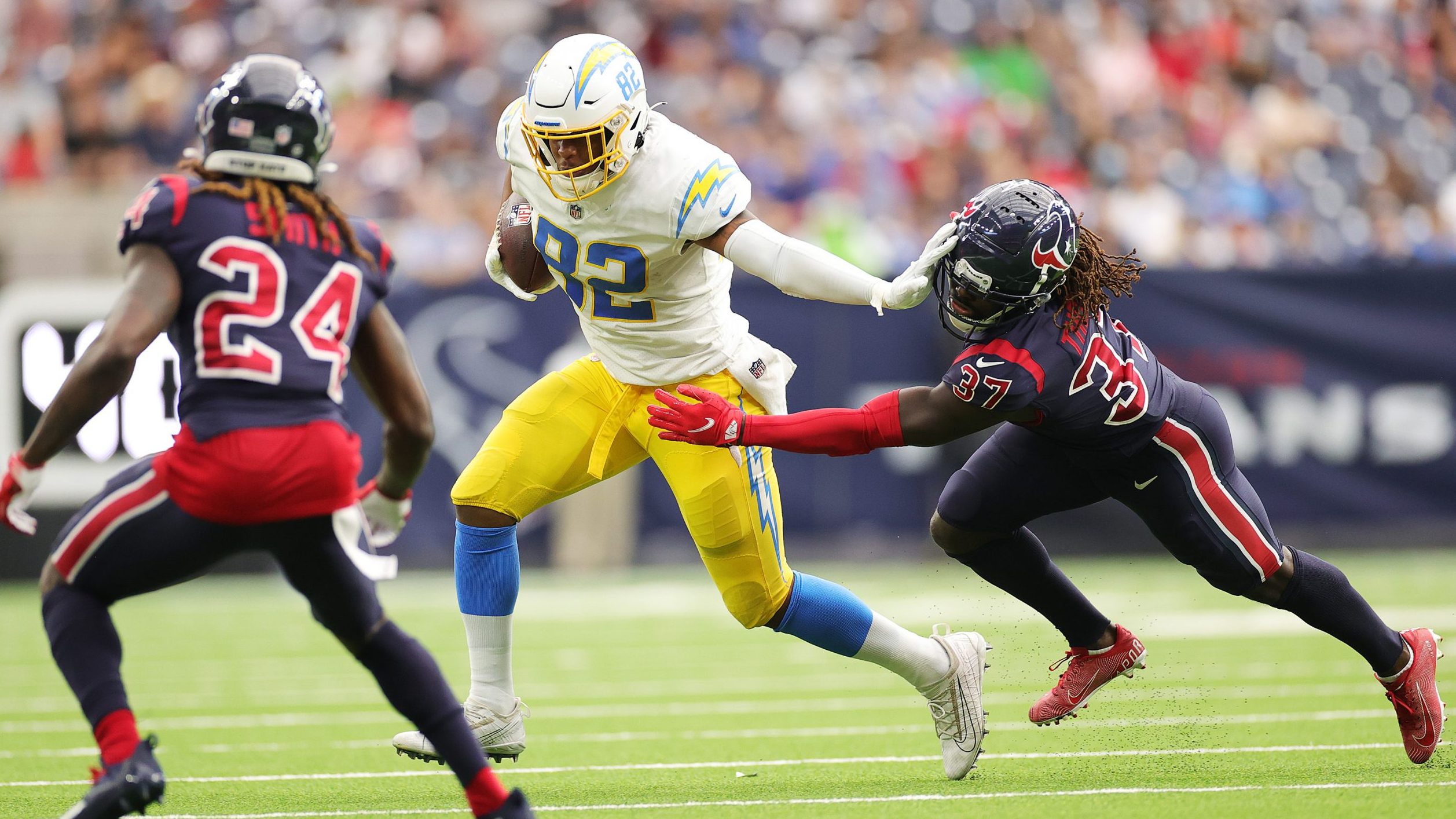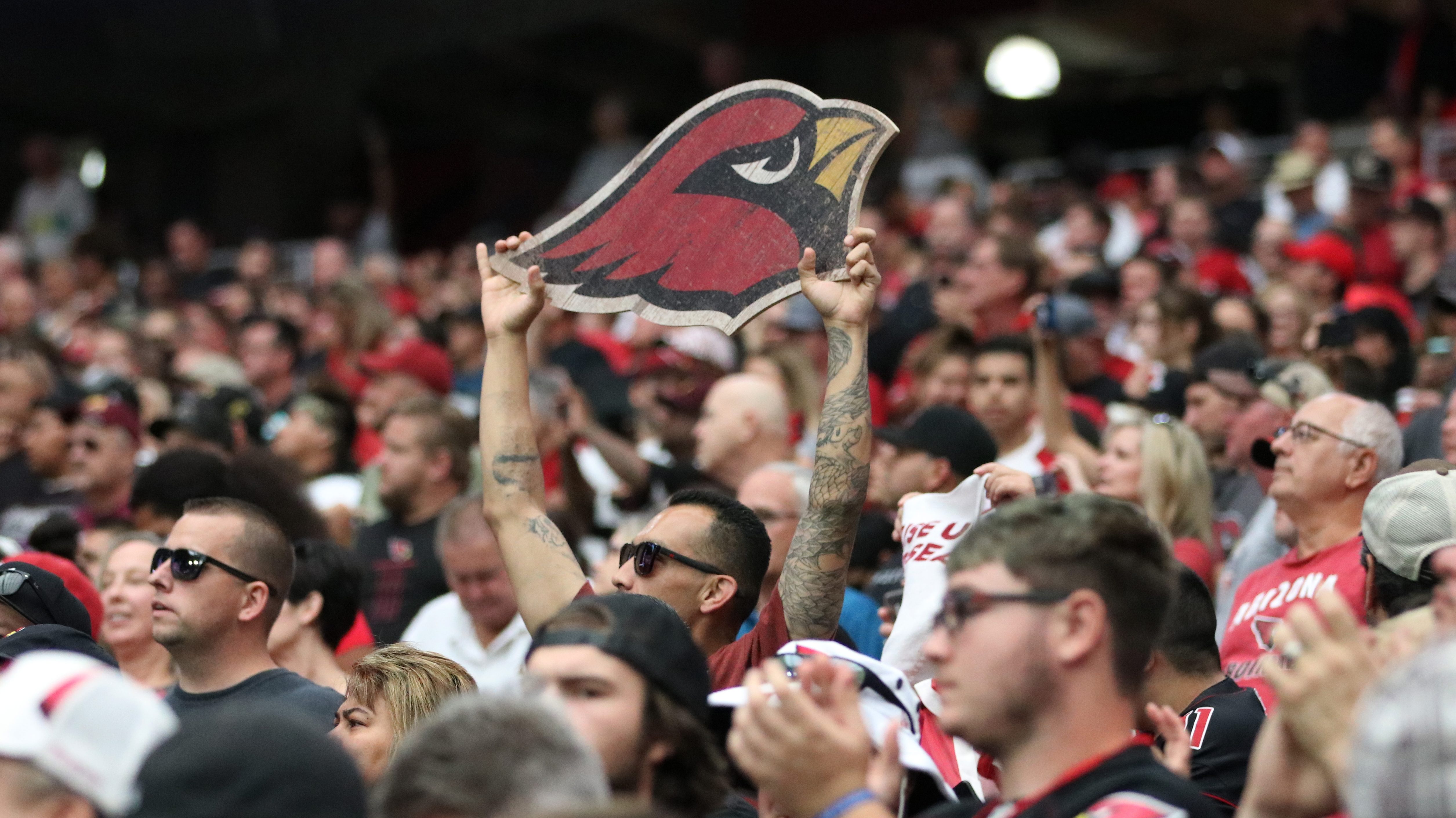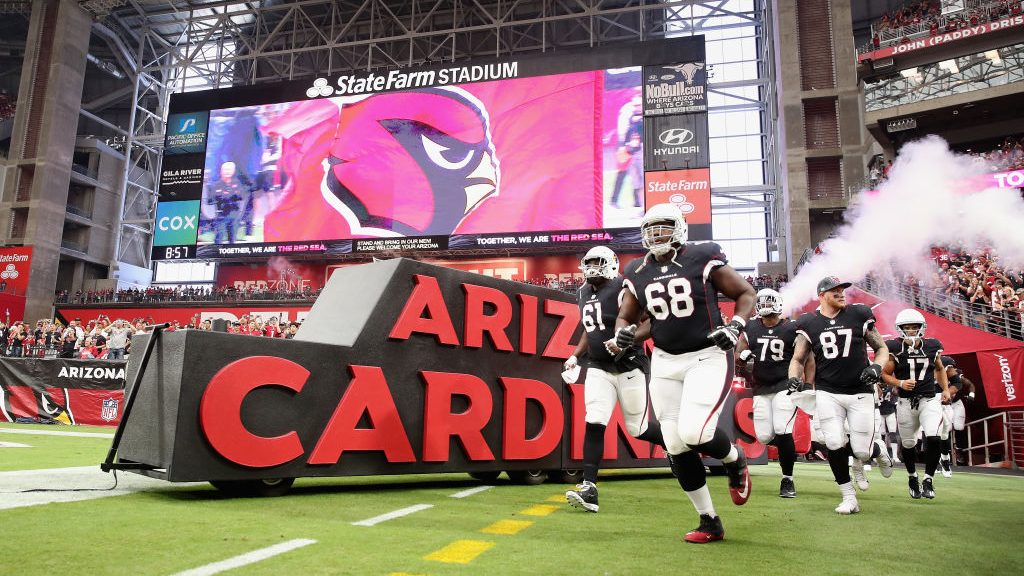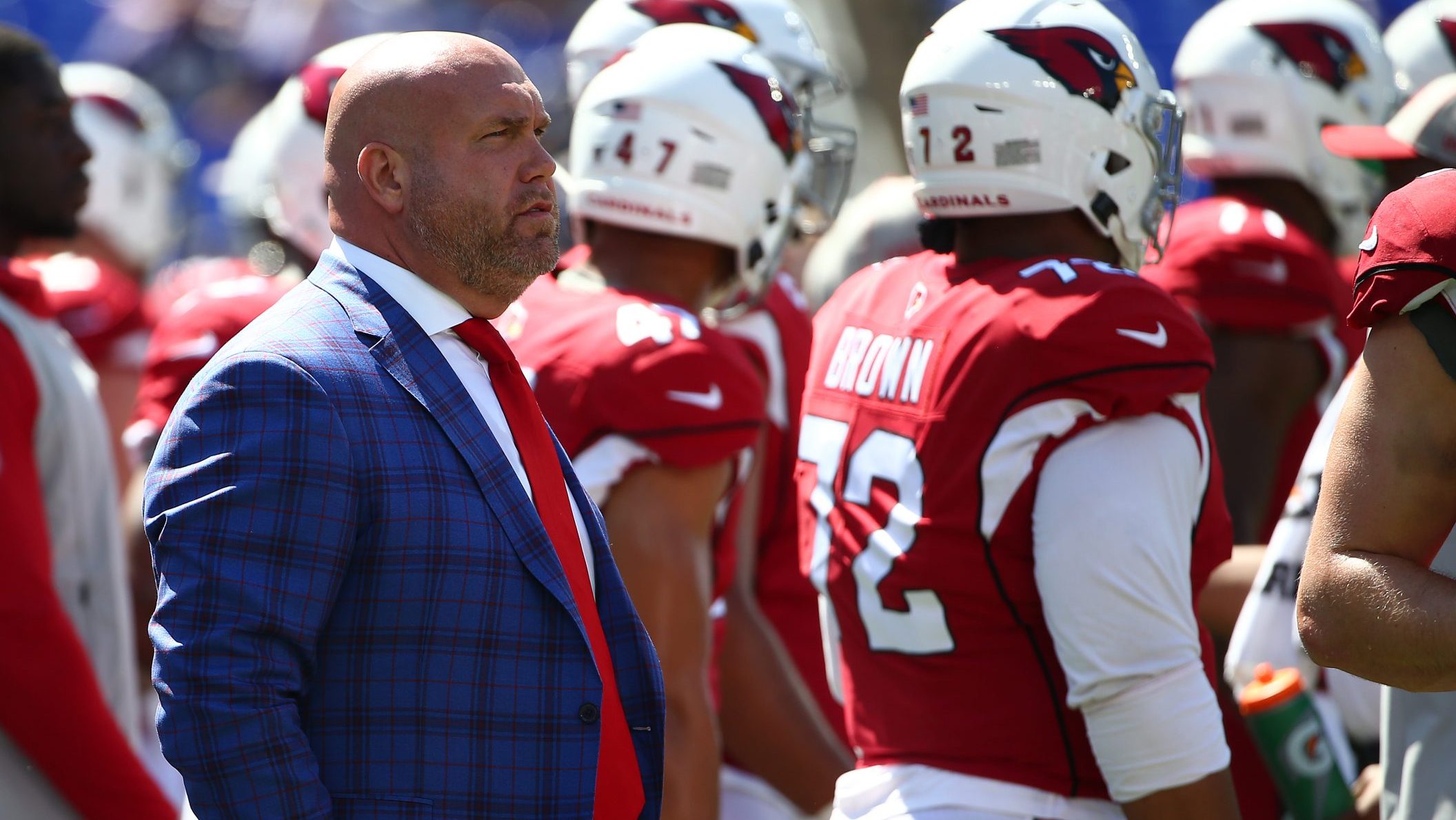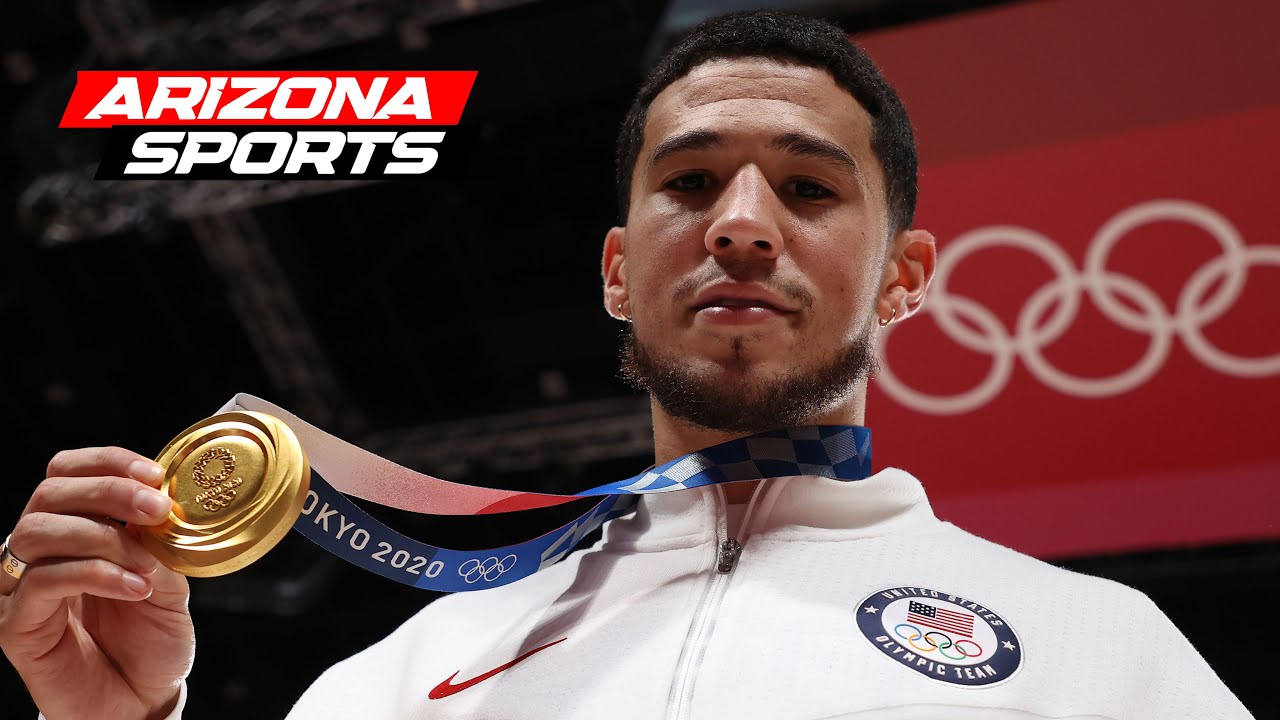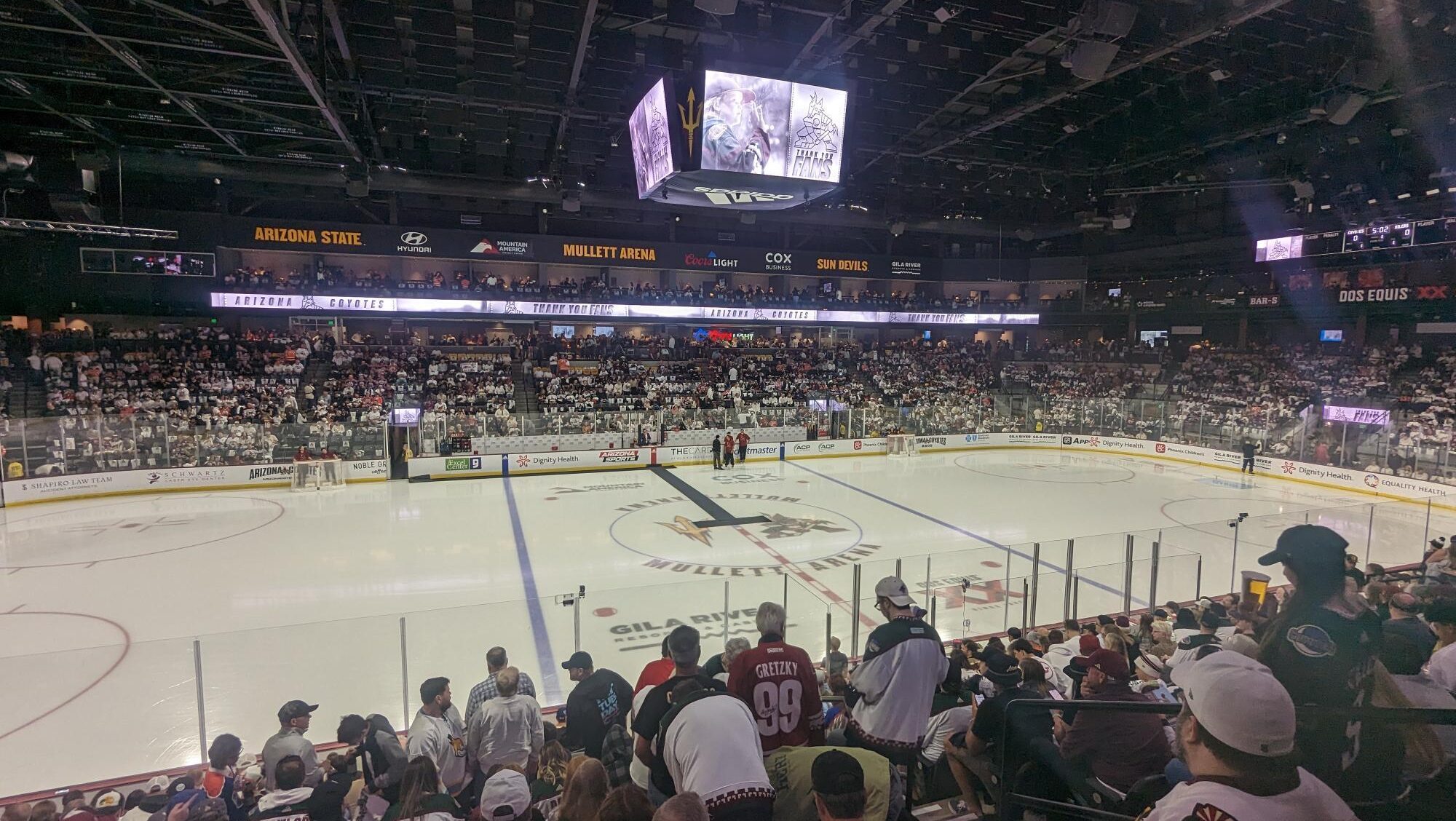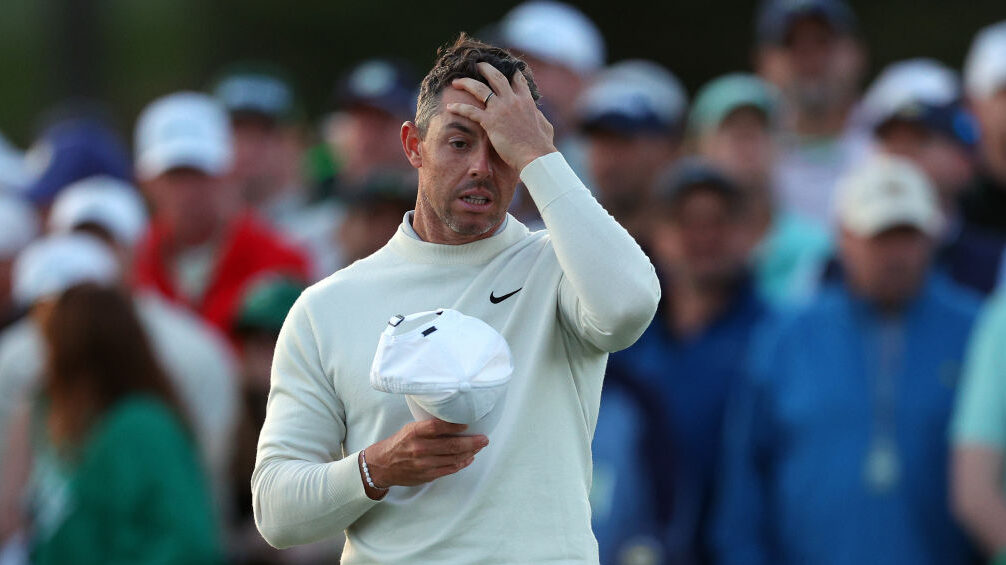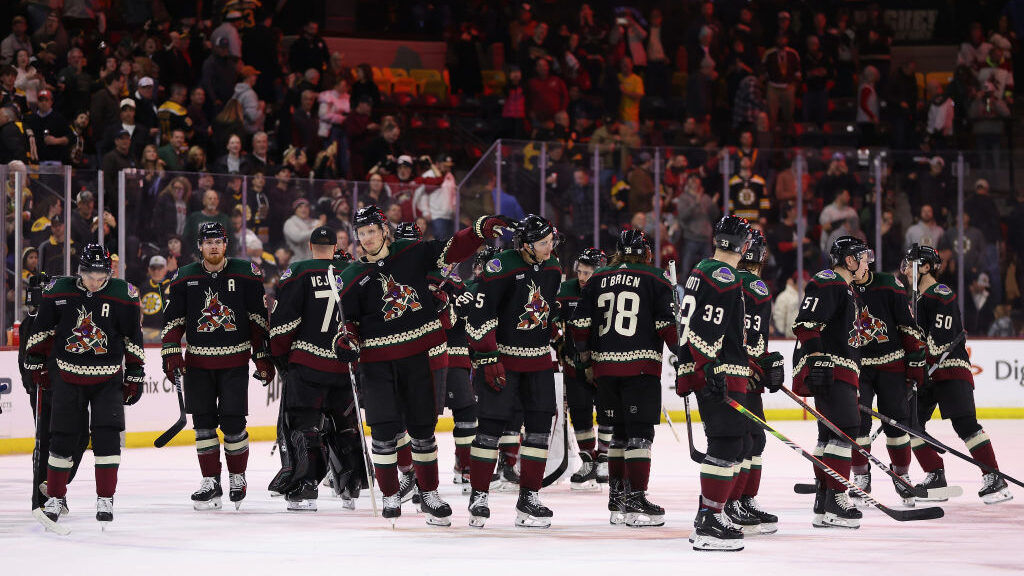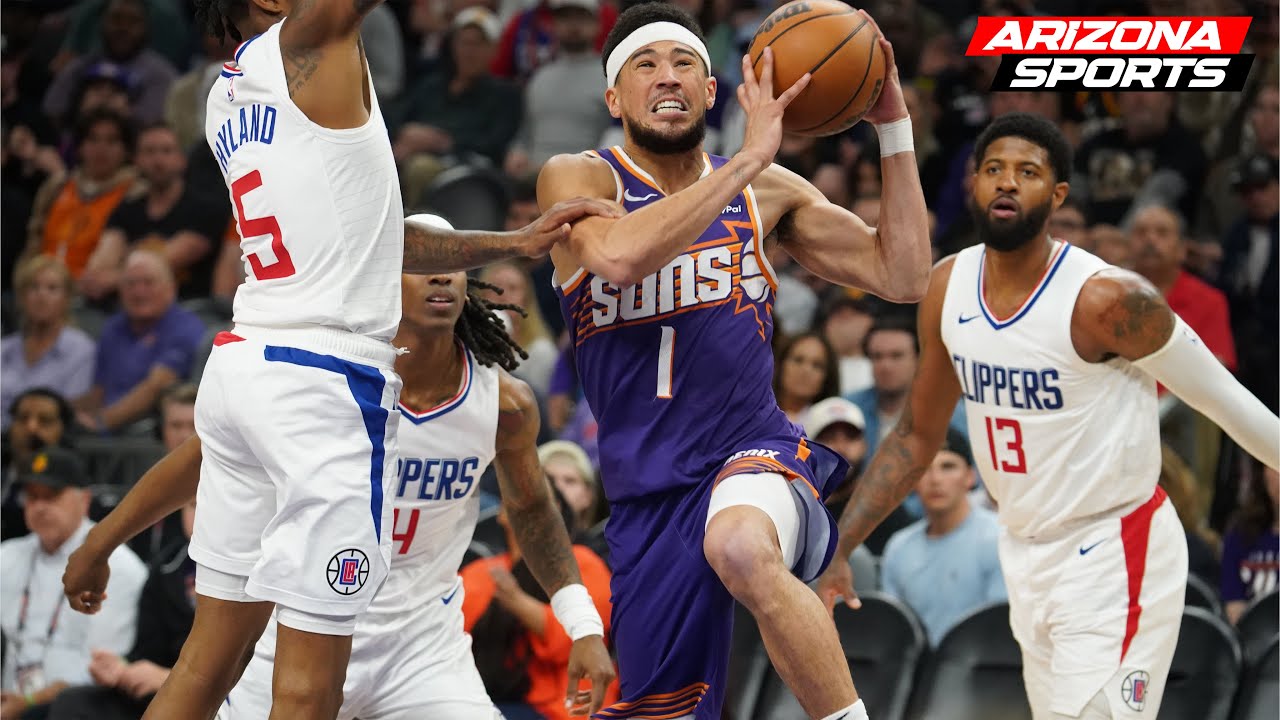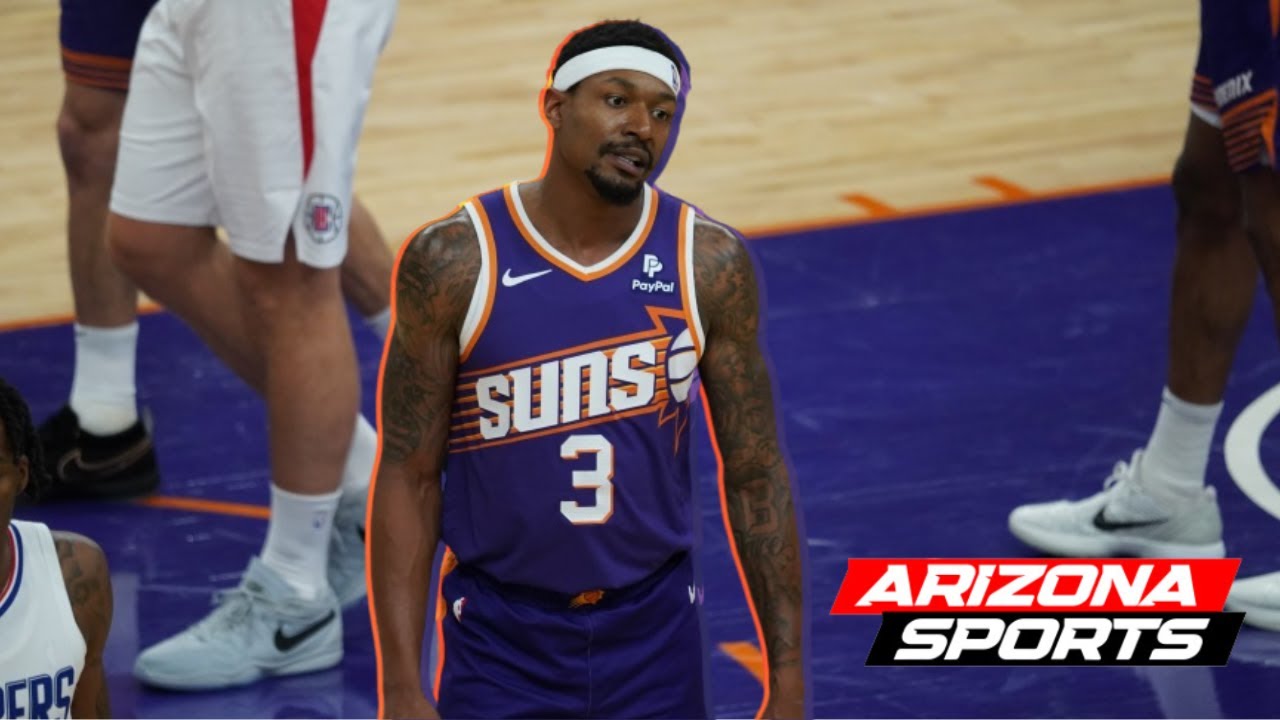Deshaun Watson’s guaranteed deal causing ripple effect across NFL
Apr 4, 2022, 6:56 PM | Updated: 6:58 pm
In the small fraternity of sports owners, you are only as smart as your dumbest competitor.
In the NFL, that usually means the Browns.
The ramifications of Cleveland’s deal with quarterback Deshaun Watson is causing major ripples throughout the NFL. And not just because the Browns chose to fully guarantee $230 million contract for a player with 22 civil lawsuits still pending.
It’s because of a NFL funding rule about to wreak havoc on the sport.
Every year after the Super Bowl is concluded, the NFL requires its clubs to write a check covering every guaranteed unpaid dollar on their books. The money is then placed in an escrow account run by the league.
When Watson shows up on the Browns’ escrow bill next season, the team will have to cover $184 million in cash for him alone, and that money will be tied up for the length of the contract.
It sounds absurd, right? Escrow is generally required for home buyers, property taxes and insurance premiums. Why are billionaire NFL owners forced to make a show of collateral, thus proving the integrity of their payroll?
For years, the funding mechanism has been viewed as a scheme cooked up by owners to prevent an onslaught of guaranteed contracts inside a bloody, violent sport. It would prevent teams from cutting expensive players who were breaking down or suddenly incapacitated. It provided a convenient excuse for teams to balk at large sums of guaranteed money, which is the norm in the NBA, NHL and MLB.
For instance, Patrick Mahomes and Josh Allen signed enormous contract extensions in 2020 and 2021, respectively. But according to veteran NFL scribe Peter King, Mahomes’ mammoth deal is only 19% guaranteed while Allen’s is at 39%.
But in 2022, the market rate for franchise quarterbacks has gone through the roof, starting with Aaron Rodgers’ annual wage in Green Bay. And now that Watson’s contract is fully guaranteed, it will become the new industry standard for agents who are representing the most important players in the NFL.
They will settle for nothing less. And that will create a form of economic separation between the wealthiest ownership groups and the mom-and-pop shops that still thrive in today’s NFL. Like the Cardinals.
To wit:
Lamar Jackson, Kyler Murray, Joe Burrow and Justin Herbert are all in line for massive extensions. Yet the Cardinals’ Michael Bidwill, the Chargers’ Dean Spanos and the Bengals’ Mike Brown are all owners of family-run businesses. They will struggle to get comfortable with this level of liquidity, with tying up huge sums of money. And it might explain the current impasse between Murray and the Cardinals, as well as the team’s tepid performance in free agency.
The Cardinals might be buying time and saving money just so they can write the escrow check for their franchise quarterback. Especially after Bidwill recently purchased a Boeing 777 for team travel, becoming just the second NFL franchise to own its own plane.
The solution seems simple: The NFL can simply abolish the funding rule. It wouldn’t have to be collectively bargained because the NFLPA wouldn’t mind a bit. But that would swing open the doors to fully guaranteed contracts in the NFL, something the league has resisted for decades.
But if they keep the funding rule intact, there is a belief that some generational quarterbacks will be traded when their rookie contracts are over and the franchise tags have been exhausted. Simply because their owners will not or cannot write $300 million escrow checks to keep players like Burrow and Herbert. And when that happens, the NFL will become just like MLB, where great players become unaffordable luxury items to the smaller markets, inevitably ending up in New York, Boston or Los Angeles.
As for the potential impact on Murray and the Cardinals?
Stay tuned. The truth is coming.
Reach Bickley at dbickley@arizonasports.com. Listen to Bickley & Marotta weekdays from 6-10 a.m. on 98.7 FM Arizona’s Sports Station.


